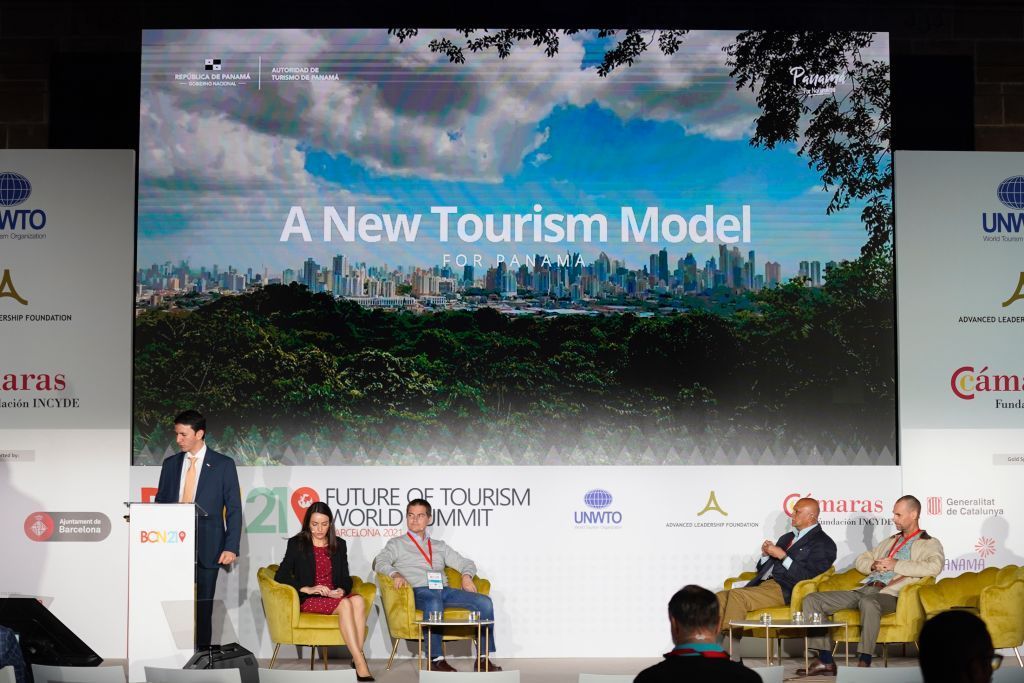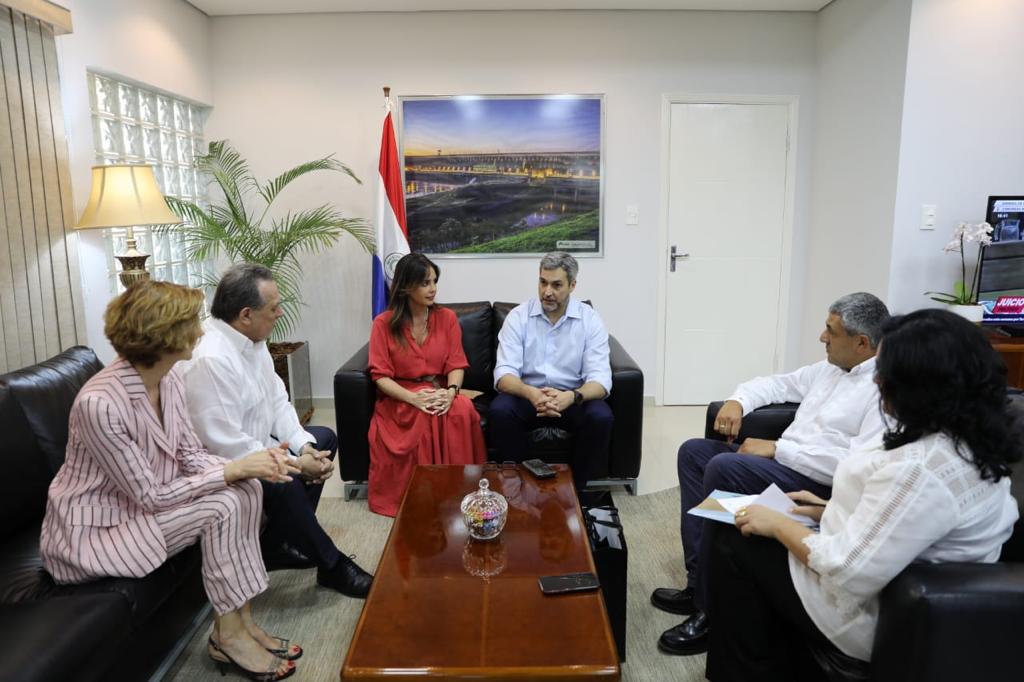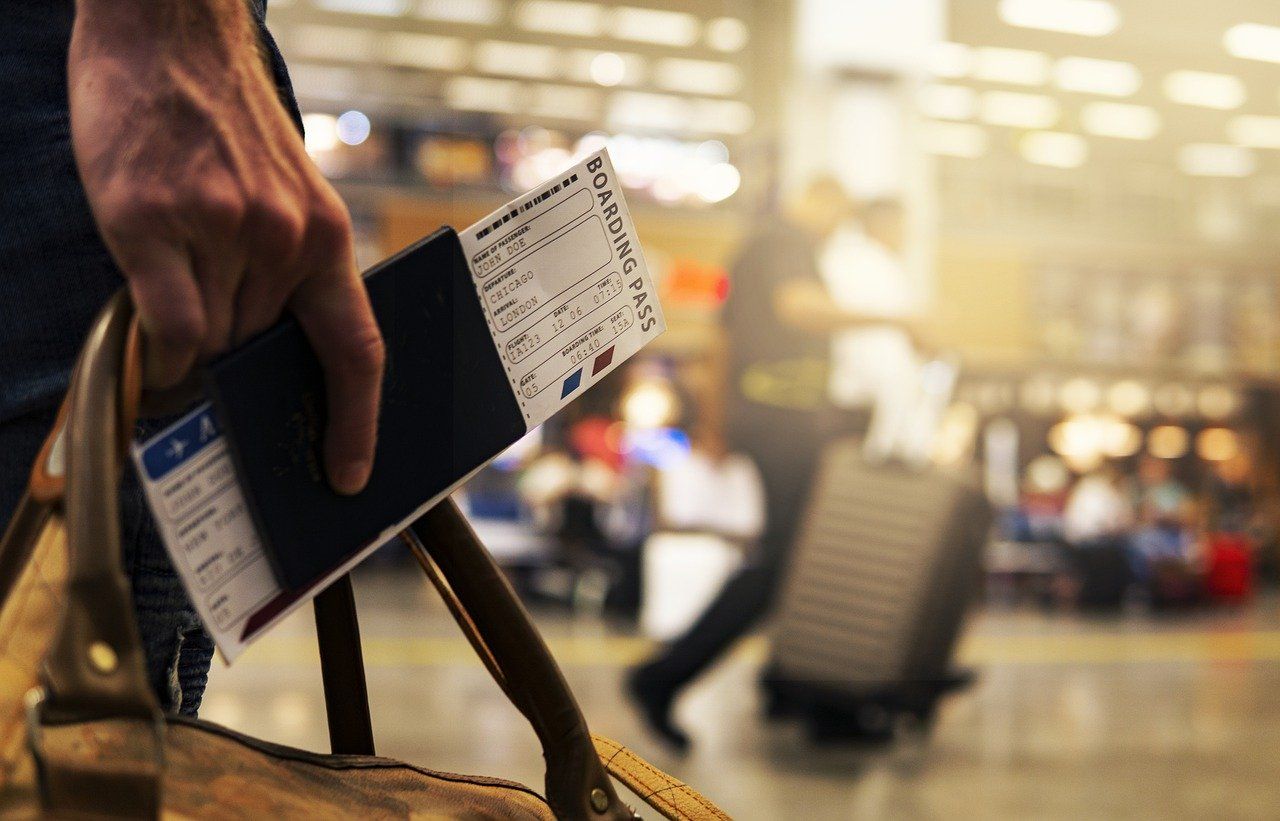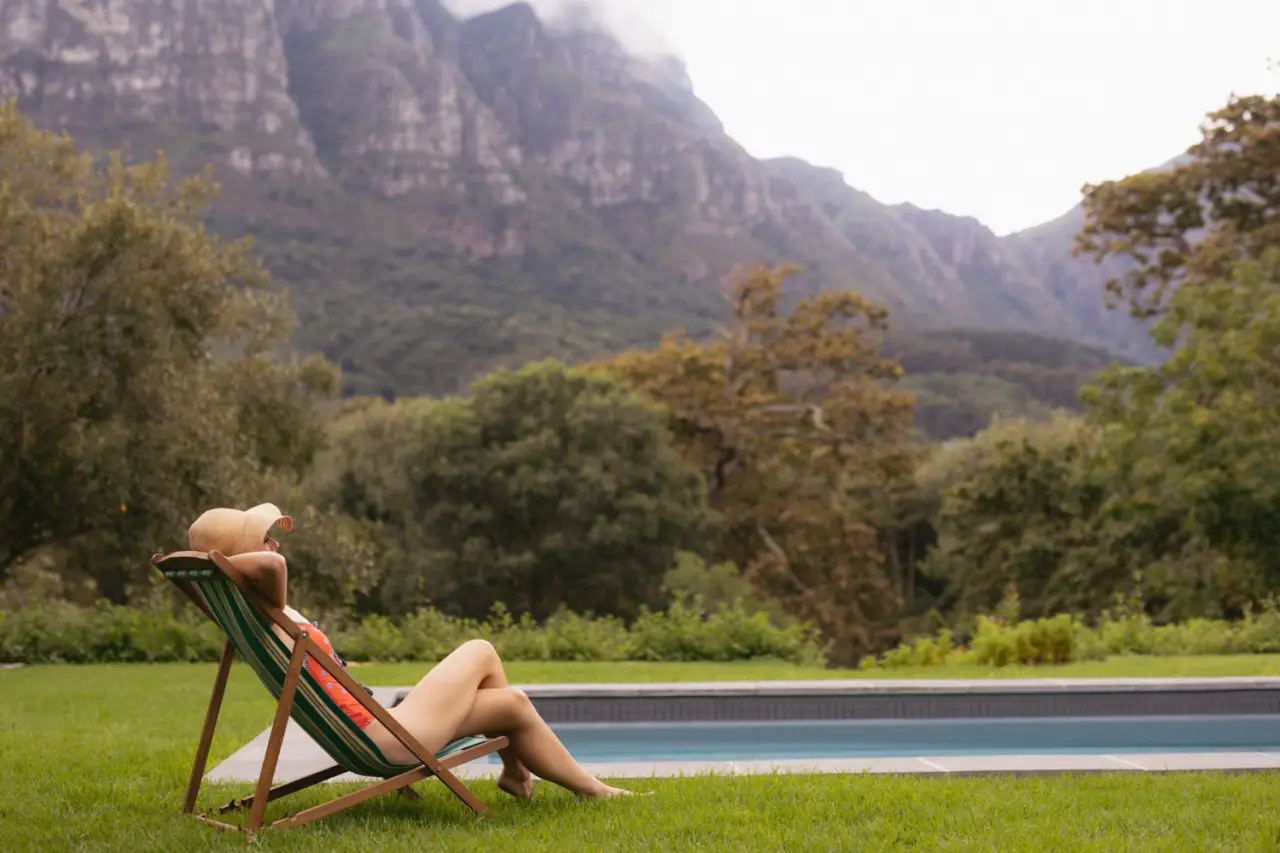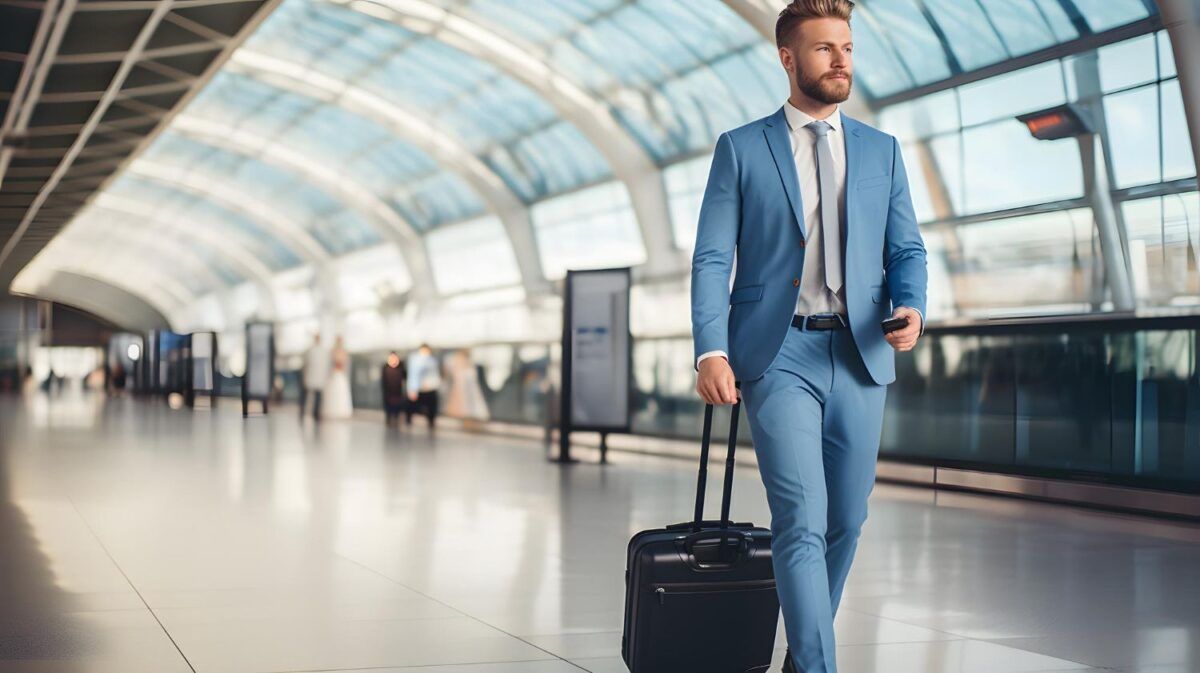Zurab Pololikashvili, Secretary-General of UNWTO, said that the pandemic has hit tourism harder than any other sector but the climate emergency is a bigger threat than Covid.
Tourism needs support from governments, through stronger public-private partnerships and through more and better-targeted financing investments, to rebuild in a sustainable and inclusive way.
He made his comments during the UNWTO, WTTC & WTM Ministers’ Summit, held on the second day of WTM London, with tourism ministers from across the world discussing investing in tourism’s sustainable future.
“This summit gives us the chance to strengthen our advocacy on sustainability”, Pololikashvili said.
He told delegates that the recent Rome Leaders Declaration issued by the G20 specifically emphasized the need to restore travel and tourism, which in turn can help developing economies.
He said public investment will “encourage and leverage” private investment all over the world, adding: “Tourism can benefit if governments deliver the right support.
“Going back to the old normal is not an option.”
He also said tourism represents a risk-free investment opportunity and highlighted the need to invest in education and youth on the way to net zero.
The UNWTO, World Travel & Tourism Council (WTTC) and other tourism and travel stakeholders officially launched the Glasgow Declaration on Climate Action in Tourism at the United Nations Climate Change Conference COP26 on Thursday (4 November).
The WTTC is also planning to launch the Net Zero Roadmap for Travel & Tourism, to support the industry in combatting climate change, as part of the sector’s drive towards net zero by 2050.
The initiative is being run in collaboration with the UN Environment Programme (UNEP) and professional services and consulting experts Accenture.
Julia Simpson, WTTC President and CEO, told the summit: “We have no alternative; we have to go green.”
She said sustainable growth is a key priority for the WTTC, adding: “Investors and the public demand that we invest to protect the planet and people.
“We need to invest in making sure destinations are great places to live and not just great places to visit.”
Nigel Huddleston MP, UK Tourism Minister, agreed, saying: “The partnership between private and public sectors is spurred by the consumer.”
He said his government can offer tax incentives to encourage sustainable developments, such as deductions for solar power and electric vehicle charging points.
Rita Marques, Secretary of State for Tourism of Portugal, outlined how her country is investing in green services and new ways to develop tourism across the seasons.
Massimo Garavaglia,the Italian Minister for Tourism, talked about how Italy is tackling overtourism in places such as Venice and Florence, to encourage visitors to explore other parts of Italy and its varied attractions.
Dr. Khaled El-Enany, Minister of Tourism and Antiquities of Egypt – which will host the Cop27 climate conference next year – highlighted Egyptian sustainable initiatives, such as a project to protect the reefs of the Red Sea.
Memunatu Pratt, Minister of Tourism and Culture of Sierra Leone, talked about how tourism in the west African country is recovering from civil war and the outbreaks of ebola and Covid-19.
She said investments in infrastructure, transport, health care and education were being integrated with the need to develop sustainable tourism.
Federico González, Chief Executive at Radisson Hotel Group, highlighted the need to ensure smaller hotel owners understand how they make their properties more sustainable, and David Lavorel, Chief Executive of airport technology firm SITA, outlined how technology can help the aviation sector optimise its current assets to be more environmentally friendly.
UNWTO will also partner with Arabian Travel Market – the sister event of WTM London – which will take place on 8-11 May in Dubai.



